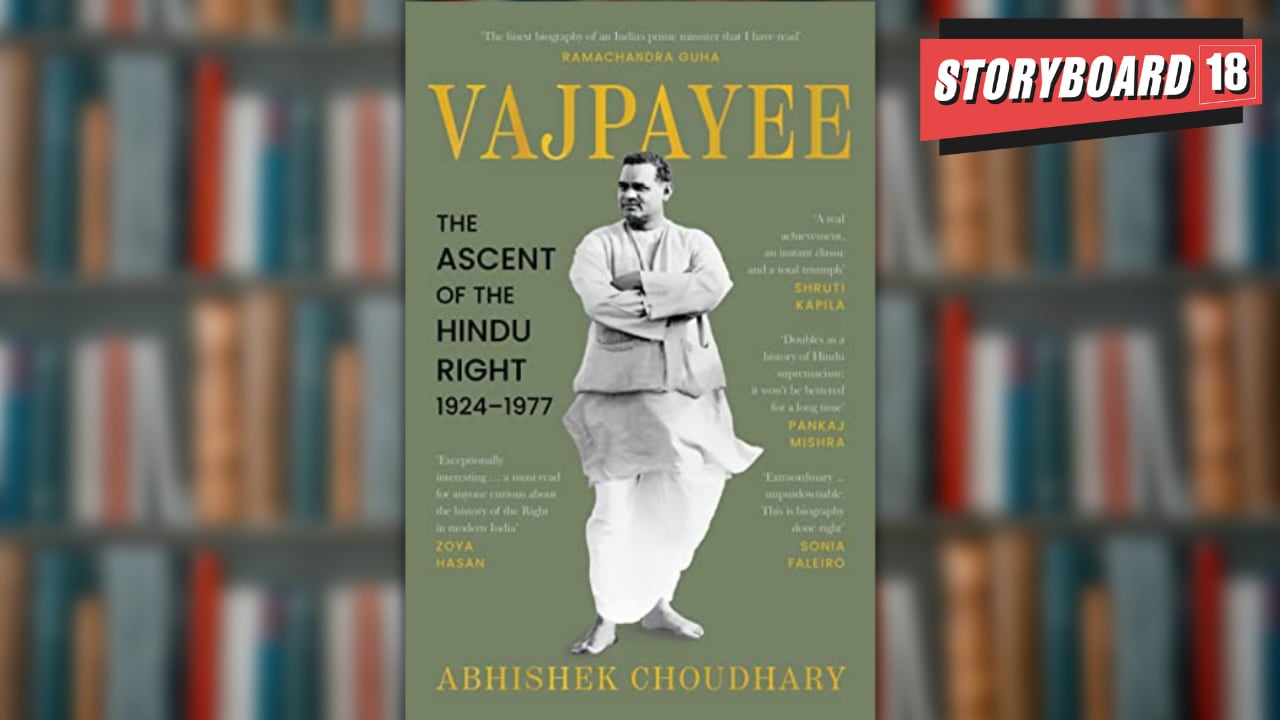A child born on Christmas day, in pre-independence India in 1924, Atal Bihari Vajpayee is a native of Bateshwar a place described as a second Banaras. When he was just 10 years old, his father was promoted to bethe headmaster of the AVM school in Barnagar near Ujjain. This was a major change in setting at the time!
For a man who eventually earned great acclaim for his oratory, the beginnings of Vajpayee’s speech-making were not particularly memorable!During his school annual day debate, he began to stammer while speaking and this changed his life! He took a pledge that he would never rote learn a speech again and formed his own style.
His youth was marked by trips to the Arya Samaj gatherings in Gwalior, the city where his father was transferred from Ujjain. Fortuitous again as the RSS and its predecessor the Hindu Mahasabha were gathering steam in Gwalior. Eventually, it was in Kanpur, at the DAV college that he eventually completed his Masters.
Here are our BookStrapping insights.
This is the first of a two-part volume.The author clarifies upfront that it is not a tribute and prepares you for a candid account.
As a young udaymaan kavi (fiery poet), Vajpayee had his own curious quirks; he loved his ‘maajum’ (a sweet made of bhaang) and like many at the time, got arrested for anti-government propaganda! It is important to note that he was forming his opinions at a time when thanks to Jinnah and the Muslim League,India’s freedom had come by walking over dead bodies.
The book talks about Atal’s love for Rajkumari Kaul, which blossomed in Gwalior and continued to old Delhi. It makes a reference o their child together Baby Gunnu, later to be named ‘Namita.’ It refers to Rajkumari as devoted to her husband and Birjan Kaul, her husband as stoic about her relationship with Atal.
The book profiles Vajpayee’s early allegiance and later differences with Deendayal Upadhyaya, credited as the founder of the Jan Sangh, to the ultimate puzzle of the latter’s murder, in which Vajpayee himself was considered a suspect
The book talks about how Vajpayee took care of his extended family of nieces and nephews but eventually, he emotionally outgrew these ties and had to live according to his stature as the head of the Janata Party.
When Vajpayee’s Janata Party won the post-emergency elections; the New York Times famously pointed out that all he was interested in was to win recognition in the UN for Hindi language. The British Foreign Office was quick to clarify that his name must be pronounced ‘BadgePie.’
Poet, India’s erstwhile Prime Minister of 13 days, rousing orator, and political maven, Vajpayee’s life is projected as one of ample colour and consequence! The book however, boldly treads unexplored territory and offers a new narrative, away from his ‘moderate, bachelor image’.
